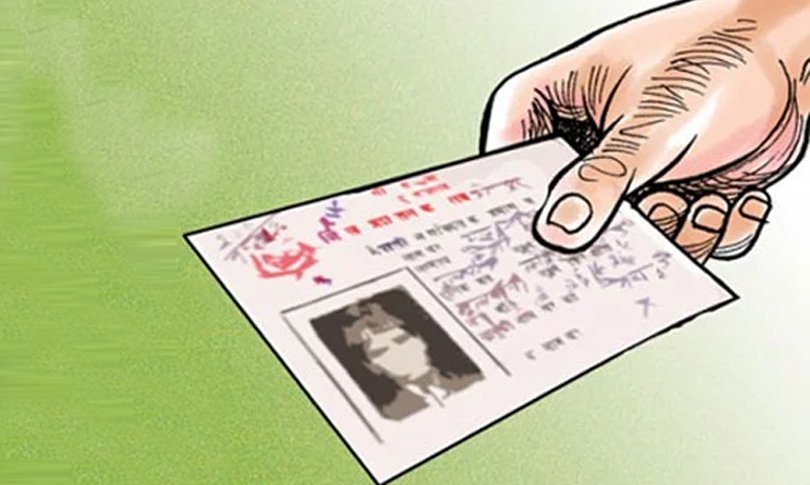

KATHMANDU: Have you ever counted how many identity cards a single Nepali citizen holds, issued by various government agencies? Today, we explore in detail the different identity documents a Nepali citizen can possess, which agencies issue them, and what purposes they serve.
A person’s first official document is issued at birth—the Birth Certificate, provided by the local Ward Office. It records the child’s date and place of birth, permanent address, and parents’ names. The certificate is issued by the Ward Secretary or the designated official.
At the age of 16, every Nepali citizen can apply for a Citizenship Certificate at the District Administration Office. This certificate confirms the holder’s legal citizenship status, which allows access to government services and benefits.
Once citizenship is obtained, citizens can apply for a Voter ID Card, issued by the Election Commission. This card is mandatory to exercise voting rights in elections.
Recently, the National Identity Card has become essential. From obtaining a passport to receiving social security benefits, the National ID is now compulsory for several official transactions.
Married individuals must obtain a Marriage Registration Certificate, issued by the Ward Office, which is also required when applying for a National ID. Those wishing to drive must visit the designated Transport Management Office to get a Driving License.
The Permanent Account Number (PAN) Certificate, issued by the Inland Revenue Office, is mandatory for taxation purposes. The nine-digit PAN remains valid for life.
For international travel, citizens must apply to the Department of Passport to obtain a Passport or E-Passport.
Other agencies issue their own identity cards: the Citizen Investment Fund, Employees Provident Fund, and the Social Security Fund (implemented in 2017) all issue separate cards to ensure contributions and benefits.
Special groups also have distinct IDs: earthquake victims receive certificates from the District Administration Office, conflict victims previously received them from the Ministry of Peace and Reconstruction, while now the Truth and Reconciliation Commission and the Commission for Investigation of Enforced Disappearances issue additional cards. Those injured in popular movements require separate certificates.
For health insurance, citizens must carry a card from the Health Insurance Board. The District Coordination Committee issues cards to poor families, and the Land Reform Commission distributes identity cards for squatters or informal settlers.
Journalists must carry separate credentials depending on their affiliation. The Department of Information and Broadcasting issues press representative certificates for journalists of media houses and independent reporters, which must be periodically renewed.
Journalists reporting in Parliament require a separate card from the Parliament Secretariat, while those reporting on courts need a card issued by the Supreme Court.
Other identity cards include those for single women, people with disabilities, and senior citizens, issued by the District Administration Office with Ward recommendations.
Property owners have Land Ownership Certificates from the Land Revenue Office. Residents moving to a new location need a Relocation Certificate from the Ward Office.
Government and private-sector employees often have separate ID cards.
For pensions, the Ministry of Federal Affairs and General Administration issues cards for civil servants, while the Ministry of Defense and Ministry of Home Affairs issue them for Nepal Army, Nepal Police, and Armed Police Force personnel.